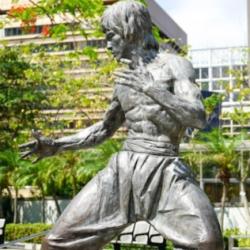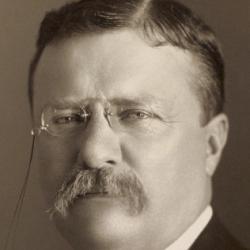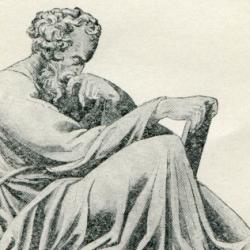Twenty-seven years imprisoned; then to go on what he accomplished, Nelson Mandela has inspired countless individuals with his legacy. There was a quote I started using some time ago; I’m not surprised all surprised it came from his mouth:
“I never lose. I either win or learn.”
I wrote earlier how Mandela would reflect on prose of the poem “Invictus” by William Ernest Henley, later portrayed in the film. Latin for “unconquered”, those famous last two sentences are hard to be forgotten:
“I am the master of my fate,
I am the captain of my soul.”
While Mandela was imprisoned, he drew inspiration from this poem, as well as Marcus Aurelius. In doing so, he embraced some timeless themes in Stoic philosophy, chief among these is the “dichotomy of control”. Whether imprisoned, facing a serious ailment, tragedy, hardship, or even death (Mandela faced all these), we always are in control of our own attitudes and response to the situation.
Related to the dichotomy of control is the Stoic principle of what Massimo Pigliucci labels “turn difficulties into opportunities” in his book A Handbook for New Stoics, perhaps no better stated than Marcus Aurelius (Meditations, 5.20)
“Our actions may be impeded by them, but there can be no impeding our intentions or dispositions. Because we can accommodate and adapt. The mind adapts and converts to its own purposes the obstacle to our acting. The impediment to action advances action. What stands in the way becomes the way.”
There is no question this thought inspired Mandela’s now famous “I never lose. I either win or learn.” quote. A related quote of his along these lines:
“The greatest glory in living lies not in never falling, but in rising every time we fall”
We truly never lose if we’re always choosing to learn; as in learning, we become stronger. As Mandela was inspired by these Stoic themes, I too am inspired by his unique oration of these principles and the example he set in living them.
***
Image credit: South Africa, The Good News, derivate work by Archibald Tuttle
Source: Wikimedia Commons

















